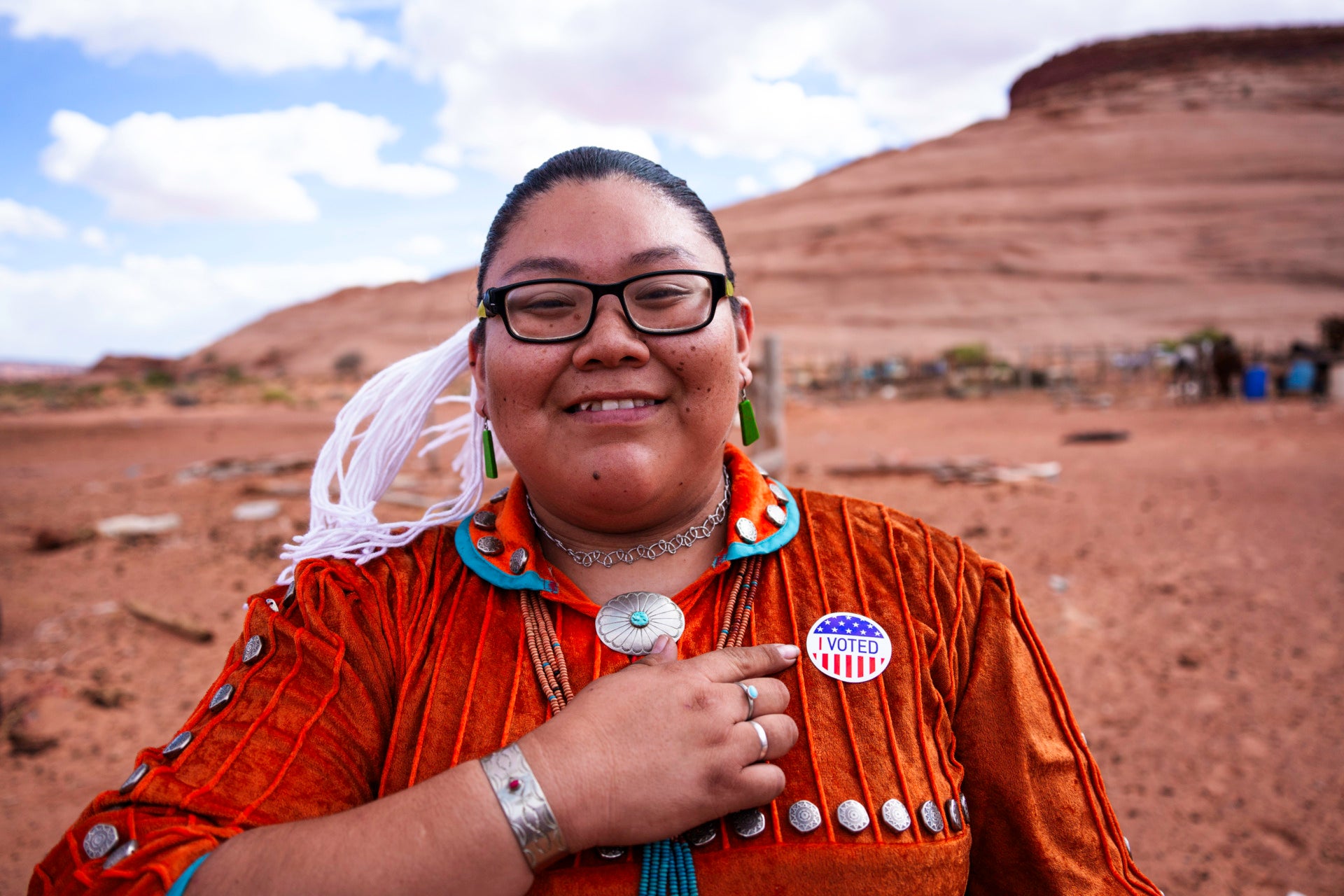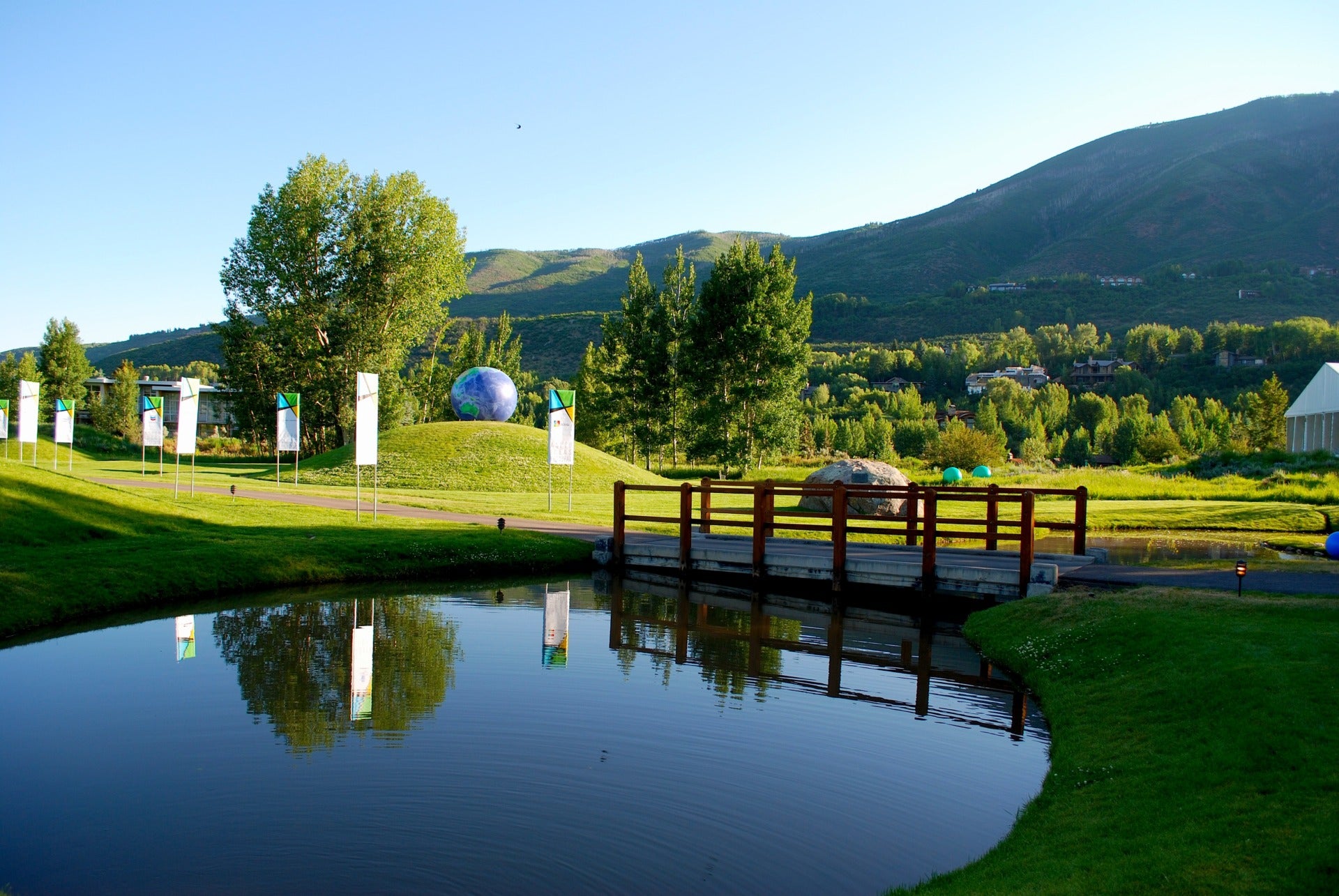David Brooks is going on tour.
The New York Times columnist is joining the Aspen Institute to lead a new initiative to understand and reduce the growing fragmentation, alienation, and division in the US. Brooks will spearhead workshops in diverse communities across America to help find common ground and uplift those working hard for positive change.
Brooks unveiled the initiative Tuesday to an audience of his new Aspen Institute colleagues. “What we see is a society riven by valleys and ravines and division,” Brooks said. “The people in this organization happen to be in the bridge-building business.”
Brooks highlighted the work the Institute is already doing on the ground in dealing with pressing nationwide issues. The Community Strategies Group equips local leaders in rural regions, while the Center for Native American Youth focuses on the unique challenges facing Native youth around the country. The Communications and Society Program’s annual State of Race symposium explores life for people of color in America, while The Bridge allows people to share their knowledge related to race, identity, and inclusion. Aspen Challenge convenes students in cities like Dallas, Philadelphia, Chicago, and Denver, and the new Better Arguments Project seeks to help people bridge ideological divides by learning how to disagree respectfully and productively.
The scope of the new initiative won’t come as a surprise to those who have seen Brooks speak at past Institute events. During the Aspen Ideas Festival last year he joined a panel on reclaiming the values of moderation, civility, and compromise, where he discussed the important democratic virtues that both the left and the right have moved away from in American politics.
In a 2015 discussion with Katie Couric, he explained the importance of staying modest in your own knowledge and depending on those you disagree with to help set you straight.
Incoming Aspen Institute President Dan Porterfield praised Brooks’ commitment to the core mission of the Institute. “How could we as an organization contribute to the restoration of a sense of togetherness, national hope, and practical optimism?” he said. “David Brooks is going to work with all of us to make a difference for America.”
The long-term goal of the new initiative is to draw attention to organizations that are already healing social divisions, to see how their efforts can be applied to the national level, and to create a system that allows for more permanent planning, dialogue, and action. Given the divisive state of the country, it’s not an easy road — but it’s one Brooks is prepared for.
“To me the core problem is a crisis of social solidarity, a crisis of fragmentation,” he said. “What’s the purpose of our country? What is the thing that unites us?”
Brooks will continue to write his column for the New York Times.

